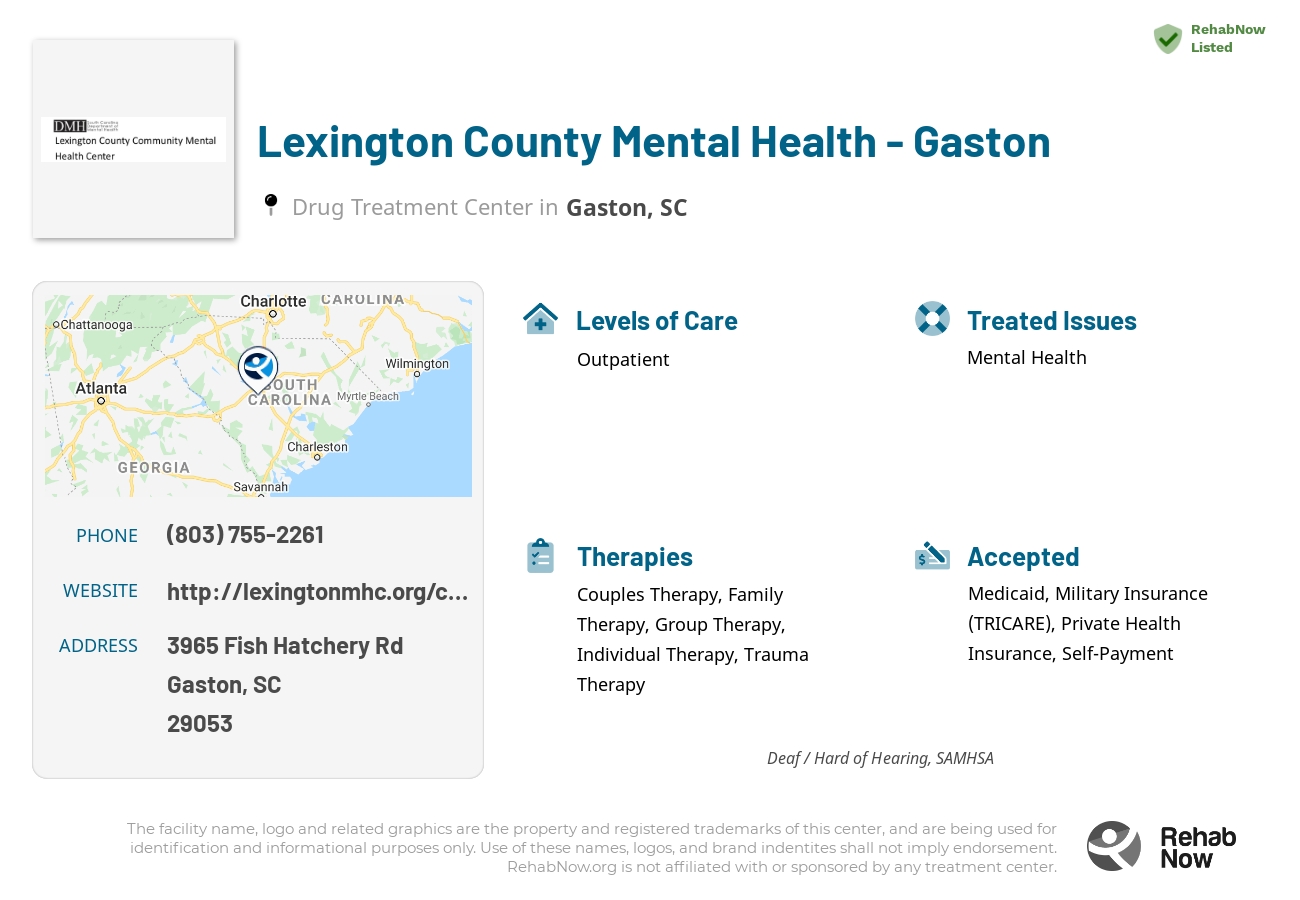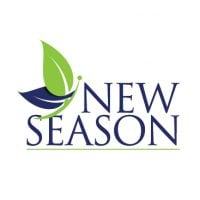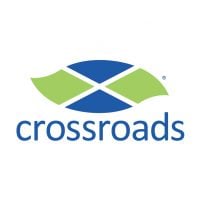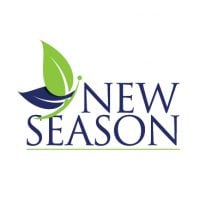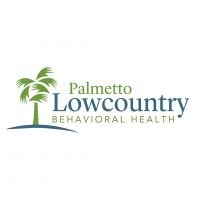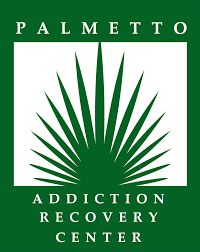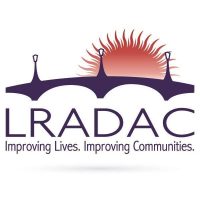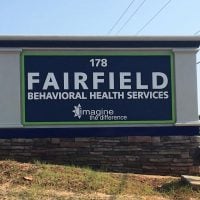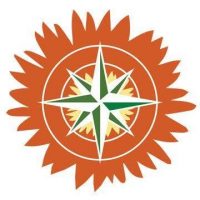Lexington County Mental Health - Gaston
Drug Rehab Center in Gaston, South Carolina
Lexington County Mental Health - Gaston is a multi-service behavioral health organization located in Gaston, South Carolina, providing a wide range of mental health, substance abuse, and addiction services for adults, adolescents, and children, with a team of highly qualified mental health and addiction professionals who are accredited by the Behavioral Health Center of Excellence and the Commission on Accreditation of Rehabilitation Facilities.
About
Lexington County Mental Health - Gaston is a multi-service behavioral health organization located in Gaston, South Carolina. They provide a wide range of mental health, substance abuse, and addiction services for adults, adolescents, and children with a focus on individuals in the surrounding Lexington County area. Their goal is to promote recovery by providing comprehensive, compassionate care and support to those in need of mental health or addiction services.
Lexington County Mental Health - Gaston offers a variety of evidence-based services such as assessment, individual and group counseling, case management, and education. They also provide programs specifically tailored to treat an assortment of addictions, including alcoholism, opiate addiction, and other drug addictions. In addition, they offer relapse prevention and aftercare services to help clients maintain sobriety and a healthy lifestyle.
Lexington County Mental Health - Gaston is accredited by the Behavioral Health Center of Excellence and the Commission on Accreditation of Rehabilitation Facilities. Their team of mental health and addiction professionals is highly qualified, with certifications such as Licensed Professional Counselor and Licensed Chemical Dependency Counselor. They also are in network with most major insurance providers in the area and provide free services for those who are uninsured.
Genders
Ages
Modality
Additional
Accreditations
SAMHSA
Conditions and Issues Treated
Levels of Care Offered
This center offers a variety of custom treatment tailored to individual recovery. Currently available are Outpatient, with additional therapies available as listed below.
An outpatient treatment program is set up to help with alcohol or drug addiction or a co-occurring disorder. The treatment must attend the treatment facility for their therapy and other programs but return home each night. The frequency of mandatory attendance decreases after much of the treatment program is complete. The treatment programs are monitored by the treatment facility and case managers who work for a judge or judge’s office. A treatment program may be performed out of a treatment facility, treatment clinic, or treatment center.
The benefits of outpatient treatment programs are many. One of the most beneficial treatment programs is that it allows treatment for clients who cannot afford or may not be able to attend treatment at a treatment facility, treatment center, or treatment clinic full-time. Another benefit of treatment programs is that they reduce crime rates because treatment allows people to treat their addiction.
Therapies & Programs
Individualized Treatment is essential because it gives addicts the ability to participate in a program that meets their unique needs. An addict should work with professionals who understand what they’re going through, especially if the addict is actively using. Finding the right treatment program for an addict is difficult, but it’s even harder without communicating with those who have experience treating your specific situation.
Couples therapy is a treatment approach where the patients and their partners are engaged together. When a person becomes a victim of substance abuse, it affects the patient and his people, particularly his partner. Their relationship can become strained due to lack of communication, financial issues, loss of trust, lack of intimacy, and physical abuse in more severe cases. Couples therapy addresses these issues and tries to rebuild the trust between the partners. The partner’s involvement in the process will result in greater chances of treatment success and sustained recovery.
The therapies typically involve all family members, potentially including siblings, children, and parents who play a role in their daily lives. These sessions can be essential because they address past issues that may have affected an addict or alcoholic’s recovery process. They provide support during this time when it is needed most!
A family therapy session, often called a family meeting or intervention, is a necessary process that helps loved ones of addicts see their situation in a new light. It’s also one of the most challenging things families will ever have to do when they’re facing a loved one battling addiction or alcoholism.
Group therapy sessions provide recovering addicts with a chance to cope with everyday situations that many face. Group therapy sessions are held in rehab facilities, clinics, churches or community centers that offer drug addiction treatment.
People who attend these groups are encouraged to voice their feelings and support other addicts in recovery. This helps group members strengthen their own recovery program while cheering on others who are struggling with sobriety.
Trauma therapy allows them to work through past trauma to have peace of mind and begin down the road of sobriety. The therapist will work with the individual to help them understand their past and present relationships. Patients may often believe that something is inherently wrong with them or they are unworthy of love. The therapist aims to correct these negative feelings and behaviors by helping the person realize that their actions do not reflect who they truly are.
Cognitive Behavioral Therapy (CBT) is a highly effective treatment option based on the idea that how we feel, think and act all interact together. Our thoughts determine our feelings and behaviors; our feelings affect our thoughts, and our behaviors change our thoughts and feelings. CBT helps people explore their thoughts for problems (or false beliefs) that influence their mood and actions. By examining their thoughts and beliefs, people can recognize distorted or irrational and modify them to more realistic, positive ones. CBT is very goal-oriented, which means that the therapist and patient work together on a specific problem while learning to become more adept at solving future problems.
CBT works well with a broad range of people, including those with depression, anxiety disorders, eating disorders, and problems with anger. In addition to helping a client focus on thoughts that can be changed, CBT also allows them to take an active role in their treatment. This is called a collaborative approach because both patient and therapist work together to produce the best possible results.
CBT is based on cognitive learning theory, which says that our behavior is a learned response to our environment. Cognitive refers to thoughts and beliefs, while behavioral relates to actions or deeds. CBT helps people learn ways of behaving to improve their quality of life by focusing on specific problems or goals they want to achieve. Sometimes, CBT is used alone; other times, it is combined with medications or brief counseling techniques such as solution-focused and motivational interviewing to achieve optimal results for the patient.
Payment Options Accepted
For specific insurance or payment methods please contact us.
Is your insurance accepted?
Ask an expert, call (888) 674-0062
Lexington County Community Mental Health Center Associated Centers
Discover treatment facilities under the same provider.
- Lexington County Mental Health in Lexington, SC
- Lexington County Mental Health - Adolescent and Family Services in Lexington, SC
- Lexington County Mental Health - Emergency Services in Lexington, SC
Learn More About Lexington County Community Mental Health Center Centers
Additional Details
Specifics, location, and helpful extra information.
Gaston, South Carolina 29053 Phone Number(803) 755-2261 Meta DetailsUpdated November 25, 2023
Staff Verified
Patient Reviews
There are no reviews yet. Be the first one to write one.
Gaston, South Carolina Addiction Information
More than 610,000 of South Carolina residents, or a staggering 11.9% of the state population, uses illicit drugs and another 230,000 residents abuse alcohol every year. A majority of the illegal drugs used and abused are opioids. Marijuana use and underage drinking occur amongst the young residents of this state–though at a lower rate compared to the national average.
Treatment in Nearby Cities
- Ruby, SC (83.4 mi.)
- Swansea, SC (7.8 mi.)
- Seneca, SC (118.4 mi.)
- Hilton Head Island, SC (114.8 mi.)
- Dillon, SC (109.3 mi.)
Centers near Lexington County Mental Health - Gaston
The facility name, logo and brand are the property and registered trademarks of Lexington County Mental Health - Gaston, and are being used for identification and informational purposes only. Use of these names, logos and brands shall not imply endorsement. RehabNow.org is not affiliated with or sponsored by Lexington County Mental Health - Gaston.



